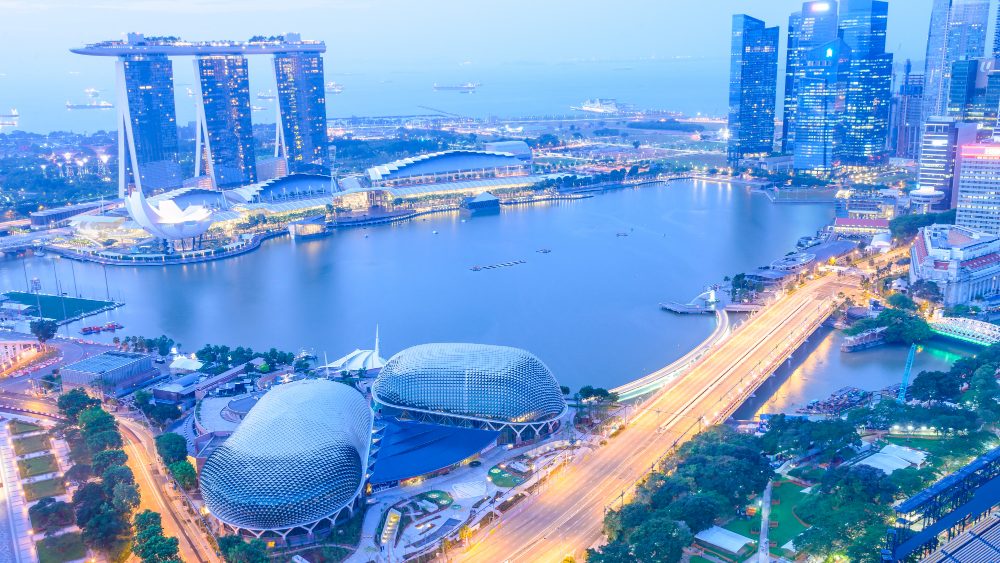SINGAPORE: The city-state continues its reign as the leader in corruption control within the ASEAN region, achieving a remarkable score of 9 in the Governance Index of the Bertelsmann Stiftung’s Transformation Index (BTI) for the years 2020, 2022, and 2024. This consistent performance, as reported by the National University of Singapore and published by the Singapore Business Review, solidifies the country’s position as a regional beacon of transparency and good governance.
The BTI, a widely respected global index that evaluates the quality of governance, democratic development, and market economy, highlighted Singapore’s long-standing commitment to tackling corruption through robust institutions and strict enforcement of anti-corruption laws. The Lion City’s exceptional ranking is a reflection of its successful efforts to curb corruption, maintain public trust, and foster a transparent and efficient government.
However, the 2024 BTI report paints a less optimistic picture for the rest of Southeast Asia. While Singapore continues to shine, other ASEAN nations have seen stagnation or setbacks in their anti-corruption efforts. The performance of the anti-corruption component across the region has remained largely sluggish, with some countries witnessing concerning declines in their scores.
Indonesia and Myanmar, in particular, have seen their anti-corruption scores drop. Indonesia, despite its ongoing reforms, faces significant challenges in rooting out corruption within its institutions, while Myanmar’s score has been adversely affected by its ongoing political instability and military-led government, which has hindered efforts for greater transparency.
Meanwhile, Thailand and Vietnam have maintained stable performances, each holding steady with a score of 5, indicating moderate progress but also signifying that more work is needed to address corruption at higher levels of governance. The Philippines, which has long struggled with corruption, lags with a score of 4, reflecting ongoing challenges in improving accountability within its political and economic systems.
At the other end of the spectrum, Cambodia and Myanmar face the greatest challenges in controlling corruption, each scoring a dismal 1 on the BTI index. These low scores underscore the persistent governance issues in both countries, where corruption remains deeply entrenched within public institutions, impeding progress and development.
As ASEAN nations grapple with issues of governance and corruption, Singapore’s continued success in this area offers valuable lessons in the importance of strong legal frameworks, institutional integrity, and political will. The regional disparity in anti-corruption performance highlights the need for greater collaboration and targeted reforms to address corruption in countries where it continues to pose a significant barrier to sustainable growth and democratic development.
The road ahead for ASEAN may be long, but Singapore’s example serves as a potent reminder that decisive action and unwavering commitment can lead to meaningful change in the fight against corruption.

